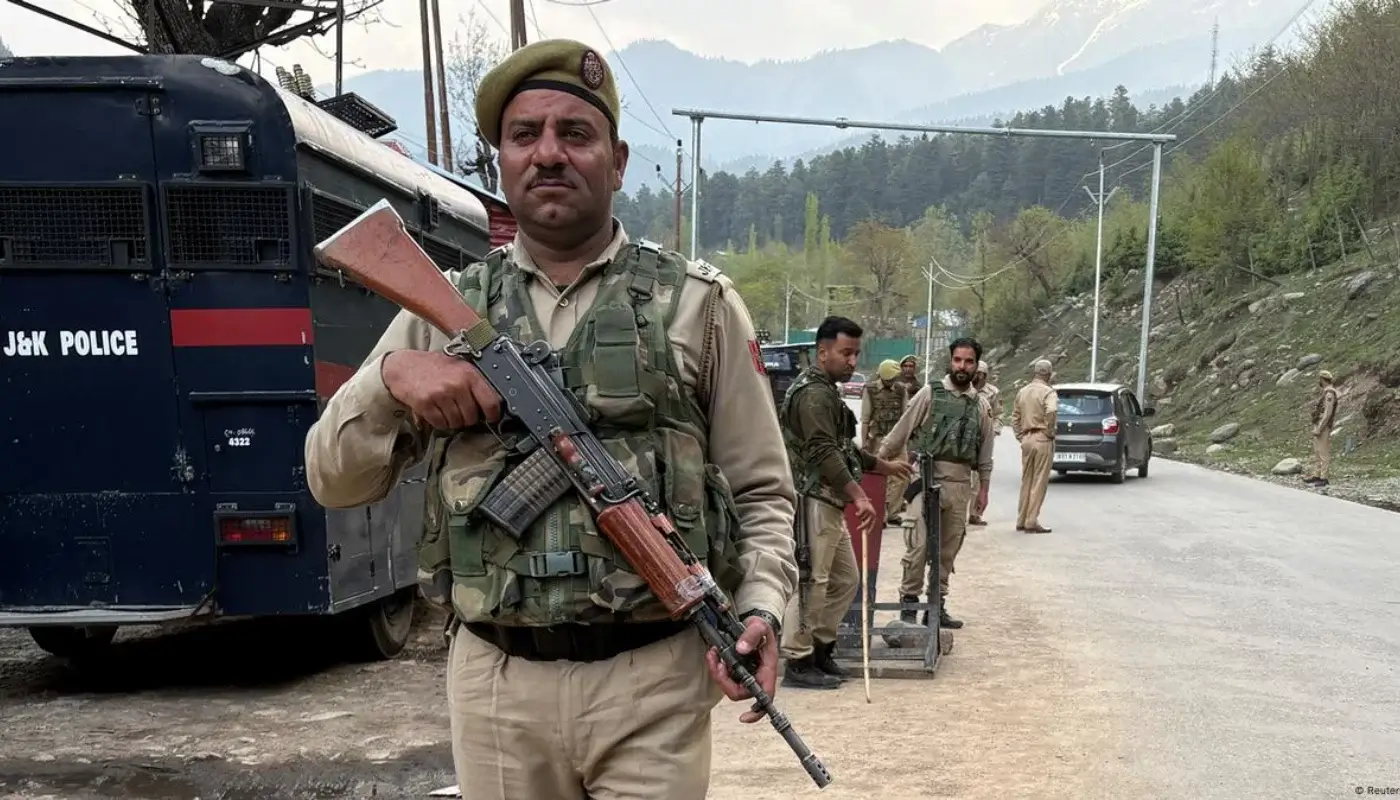Relations between India and Pakistan have become tense

There are hot spots in the world where war can break out at any second. Usually, such lands are disputed by two states, and if they are not pacified, it is not out of the question that war can break out at any moment. One of these powder keg-like areas is Kashmir. In recent days, relations between India and Pakistan have been strained due to a terrorist attack in Kashmir, and the two countries have even come close to war. Kun.uz focuses on the latest events surrounding this conflict.
What started it?
On April 22, a terrorist attack took place in the Indian part of Kashmir. At least 26 people were killed and 17 others were injured when militants opened fire on a group of tourists. The Pahalgam resort is one of India's most popular tourist destinations.
The Kashmir Resistance has claimed responsibility for the attack. Six militants are believed to have been involved. Three suspects have been arrested, two of whom are Pakistani. India has blamed Pakistan for the attack, but Islamabad has denied the charges.
India has cancelled visas for all Pakistanis following the attack. It has asked all Pakistanis in India to leave the country by April 27. Medical visas have also been extended until April 29. In response, Pakistan has closed its airspace to all airlines operated by or owned by India. Pakistan has also cancelled visas for Indian citizens and ordered them to leave the country.
India wants to block rivers
The situation has become so bad that India has threatened to cut off Pakistan's water supply. In 1960, the two countries, despite their hostile relations, signed an agreement on the joint use of the Indus River. Recently, India announced its withdrawal from this agreement. The Indus River is very important for both countries. The source of five of the six rivers in its system is located in India. Pakistan mainly drinks water from them. According to the 1960 agreement, India uses the waters of the three eastern rivers in the Indus River system up to the Pakistani border. Pakistan, in turn, receives water from the three eastern rivers.
Although the agreement does not provide for unilateral withdrawal, India announced its withdrawal from the agreement. Pakistan openly calls this an act of war. However, experts say that it will not be easy for India to block the water flowing to Pakistan, because the rivers cannot store the water that has accumulated. However, if the water flows are unstable, the agricultural sector, which is very important for Pakistan, will suffer seriously. Pakistan says that the water flow has already decreased by 25 percent due to climate change, and India's withdrawal from the agreement will aggravate the situation.
Agriculture accounts for 21 percent of Pakistan's GDP. 45 percent of the country's population earns a living from this sector. If the flow in the rivers is not uniform, problems with electricity supply will also arise.
On April 24, border guards from the two countries reportedly opened fire on each other. Military experts have highly assessed the likelihood of India's military response to Pakistan. Relations between India and Pakistan have reached their most tense point in recent years. The fact that both countries have nuclear weapons further complicates the situation. We will monitor the situation. Read “Zamin” on Telegram!
Ctrl
Enter
Found a mistake?
Select the phrase and press Ctrl+Enter 





















